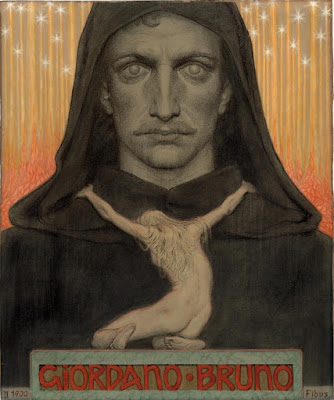Wednesday, February 17, 2021
"the oblivion born before the flames have died"
Tuesday, February 9, 2021
New to Me
Thursday, February 4, 2021
Pandemic dogs and an author interview
I've spent the pandemic year locked down with my 3 dogs, and let's just say it's been a mixed experience. I love my dogs, there's no doubt. It's hard to imagine life without them and even harder to imagine surviving this lonely year in dogless house. But having three hyper canines underfoot all day every day turns out to be ... a bit much. I thought my being here all the time might soften Dudley and Katie's velcro tendencies. Surely a human you have access to 24/7 loses some of her novelty, right? But it turns out, no — a round-the-clock human is endlessly fascinating. Even little Pixie, who's always been by far the least people-focused of the three, has decided that she needs to monitor my every move. I can't pour a cup of coffee or empty the dryer or take out the trash without the entire pack's supervision and assistance. Just getting out of bed in the morning spurs a wild doggy orgy of celebration — barking, leaping, dancing. She is risen.
I'm sure this is mostly my fault for handing out too many treats, rewarding their constant attention with attention of my own. Did I mention that it's been a lonely year? And the good news is that for all their overwrought attachment, none shows any sign of developing separation anxiety. On the rare occasions when I leave the house, they just go to their beds and sleep — storing up energy for my return. The welcoming festivities are, needless to say, intense. At least I never feel forgotten.
This year of effectively sharing a cage with dogs has me pondering the human-animal relationship even more than I usually do, so I was eager to dive into Colin Dayan's new book, Animal Quintet, and to ask her a few questions for today's Q&A at Chapter 16. Relationships — mother/child, human/animal, black/white, living/dead — are at the core of all the pieces in the collection, and Colin Dayan is always unsparing in her depiction of the harm we inflict on the Other. But the stories she tells are also driven by a passion for understanding the wild beauty of experience. (You can read my review of her 2016 book With Dogs at the Edge of Life here.)
***
*1912 photo from the Library of Congress. From the record: Photo shows Walter W. Johnson, a mining engineer and designer of gold and tin dredges, who traveled around the Seward Peninsula on the family "pupmobile" and on horseback. Johnson wrote on the back of his copy of the photo, "When it was time to coast, the dogs would jump aboard without command."
**Dudley and Katie displaying their constant faith that if you sit, a treat will come. Pixie's more of a skeptic.







